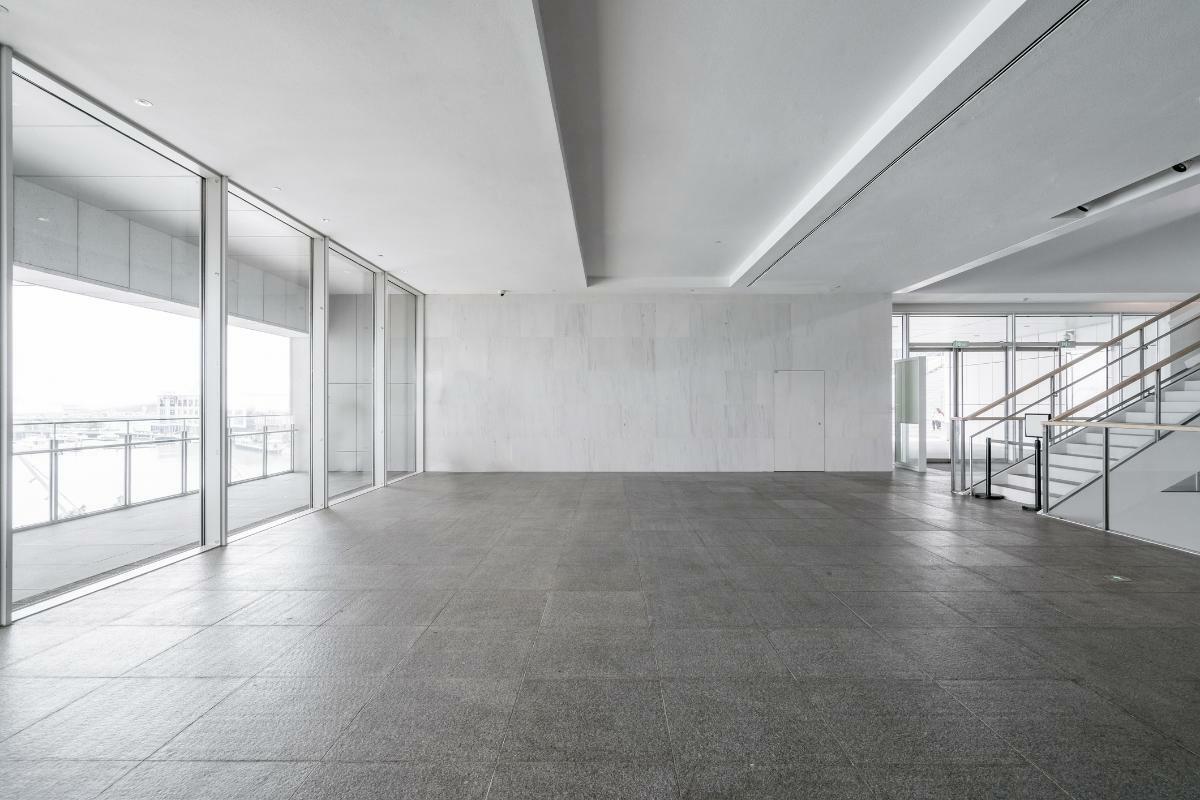House Bill 2297, which addresses the elimination of commercial buildings, is set to take effect in 2025. Those individuals or businesses that own commercial buildings or are seeking to buy them must be aware of this law and how it might impact their property. Whether you need legal advice about changes affecting commercial real estate in Arizona or other real estate-related issues, a commercial real estate lawyer at Provident Law® can assist you.
The purpose of HB 2297 is to address two housing-related problems in Arizona: a housing shortage and a surplus of unused commercial buildings. Under HB 2297, housing developers are free to convert or demolish small portions of buildings currently zoned for commercial, office, or mixed-use buildings without going through the usual rezoning process. In other words, developers can proceed with their housing projects, even where some degree of commercial property stands in the way, bypassing normal rezoning requirements.
This law will likely make it easier and quicker for housing developments to move forward, as developers will not have an estimated six to 12-month delay in the building process while waiting for rezoning approval. In addition to eliminating rezoning requirements, the bill states that developers are not required to apply for conditional use permits or any other applications requiring a public hearing before proceeding with their developments.
The new law applies only to Arizona cities with populations of more than 150,000. More than 150,000 housing units are expected to be built in Phoenix and Tucson because of the law. The law also may affect the housing shortage in other major Arizona cities, including Chandler, Gilbert, Glendale, Mesa, Peoria, Scottsdale, Surprise, and Tempe.
Affected cities now must allow up to 10% of existing commercial buildings for developers to reuse or demolish in building residential housing. Any commercial building subject to repurposing or demolition for this purpose must be economically or functionally obsolete. In return, developers that take advantage of this program must exclusively dedicate at least 10% of the new housing units to be used for low- and moderate-income individuals.
The Phoenix metro area has 22 projects that involve converting unused commercial office buildings for other uses. Some of these projects are developing multifamily housing or mixed-use developments. A study by the Arizona Multihousing Association estimates that new developments built under HB 2297 could generate as much as $61 billion in economic activity, more than 375,000 jobs, and an additional $4 billion in tax revenue.
Some worry that bypassing the rezoning requirements, including a public hearing, could diminish the city’s ability to place conditions on multifamily developments. These conditions often make the developments more palatable to the surrounding community. The absence of a public hearing would remove the city’s previous powers over the finished development and any opportunities for surrounding property owners to voice their objections. Nonetheless, the bill removes the “not in my backyard” complaints by neighbors who do not want to see such developments in their communities.
Arizona’s current rezoning process remains lengthy and complex. Until now, developers who wanted to rezone commercial property for residential or other uses had to complete a multi-step process. This process includes pre-application meetings with local planning authorities, submission of a formal rezoning application (as well as site plans, environmental assessments, and a justification for the proposed rezoning), and a 30 to 90-day review period, which varies by locality. The zoning authority then schedules public hearings on the rezoning petition, at which developers must present their plan, and community members can voice their objections and concerns. Finally, the local zoning board must deliberate and decide whether to grant the rezoning application. Ultimately, the zoning board can grant, deny, or modify the proposed rezoning request and place certain conditions on the development if rezoning is granted.
Contact Us Today for Legal Help with Your Commercial Buildings
A commercial real estate attorney in Arizona can assist you with your legal needs regarding property disclosure laws and other real estate issues. The attorneys at Provident Law® have over 200 years of combined legal experience. We aim to build a relationship with you and all our clients as we work with you through your most complex real estate problems. Call us today at (480) 388-3343 or contact us online to see what we can do for you.


